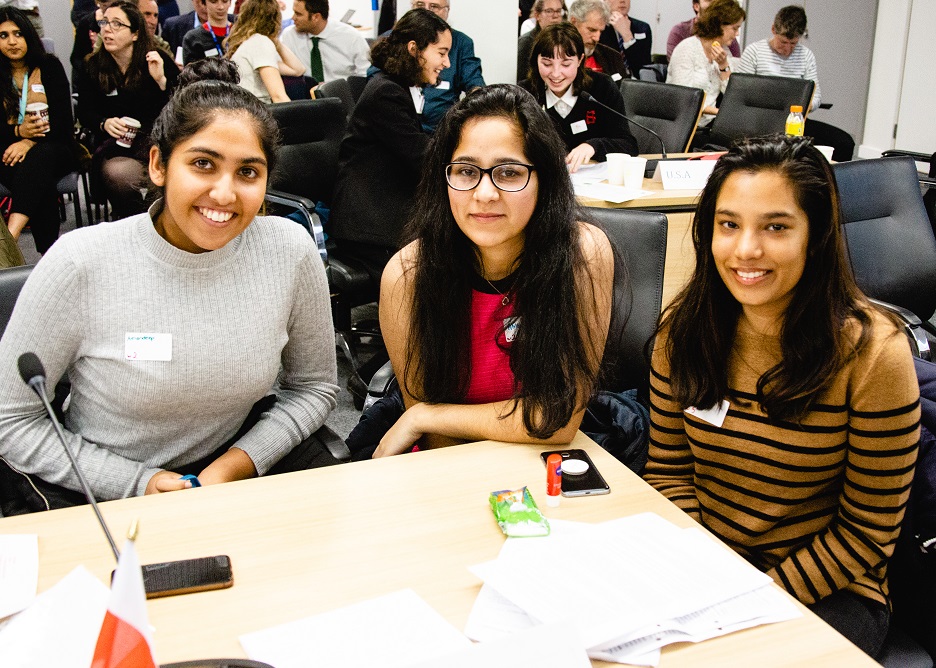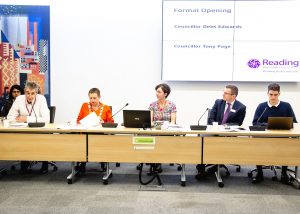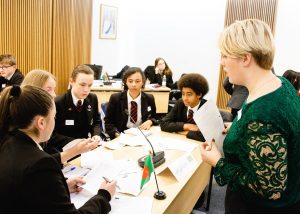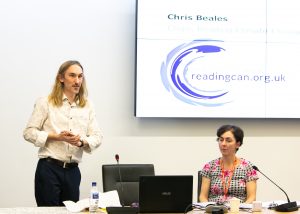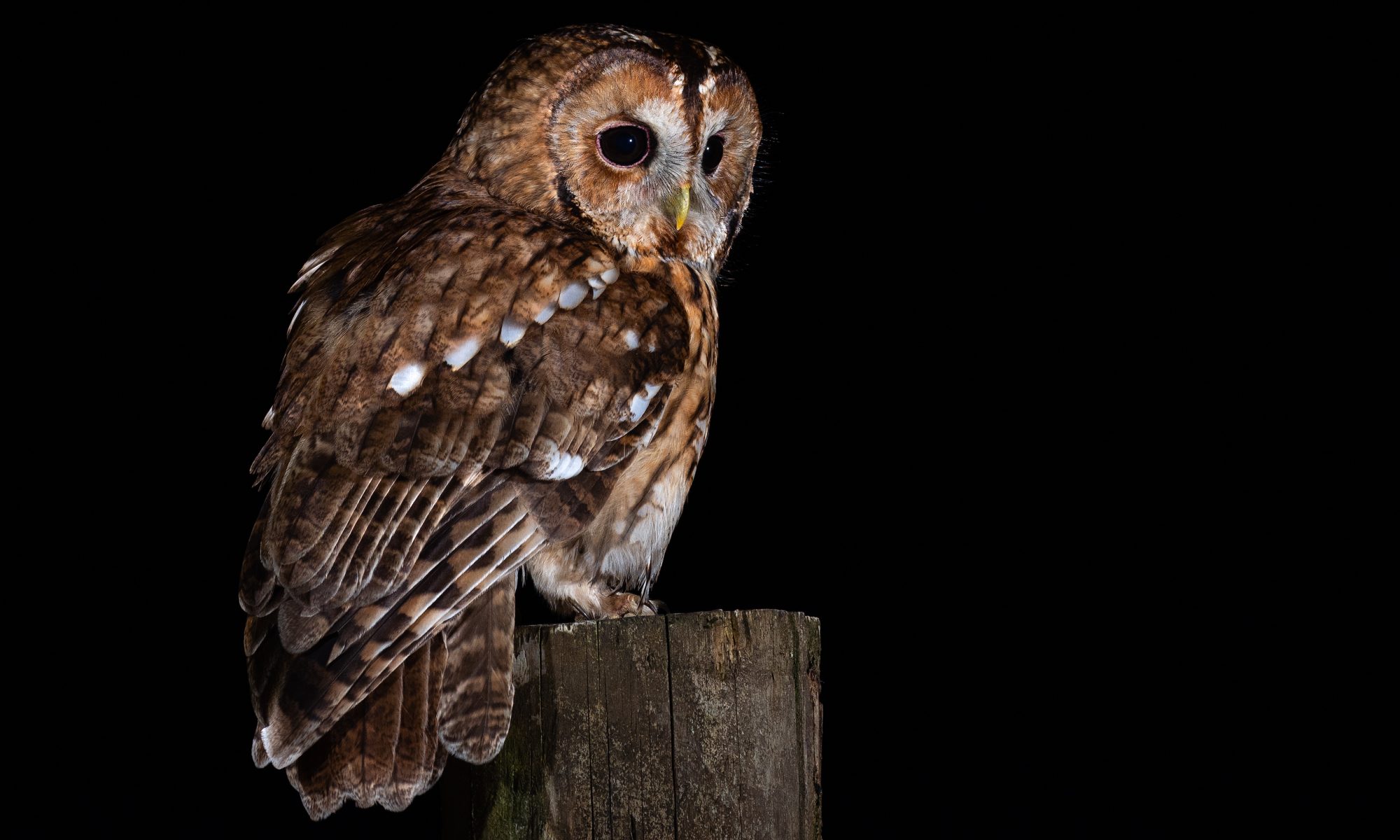Clothing is a necessity and for many a way of expressing ourselves and boosting confidence, yet the process of making them is extremely wasteful and polluting. The production of these textiles itself, whether they’re synthetic or natural, is also causing harm. Kay Politowicz, Professor of Textile Design at the University of the Arts in London, says “The increasing consumption of textiles for clothing is causing the biggest textiles impact on the environment” . The fashion industry depends on oil and gas and consumes enormous amounts of water, contributing to vast mountains of waste.
The life cycle of clothes we wear and buy is something most of us take for granted – right from the supply chain as to who makes them, where and how and where they end up after use.
This video from Ellen MacArthur Foundation explains the problem caused and the idea of circular fashion in a nutshell.
“Plastic from a variety of products – carpet, clothing, packaging – are showing up in our tap and bottled water and even our beer. ”
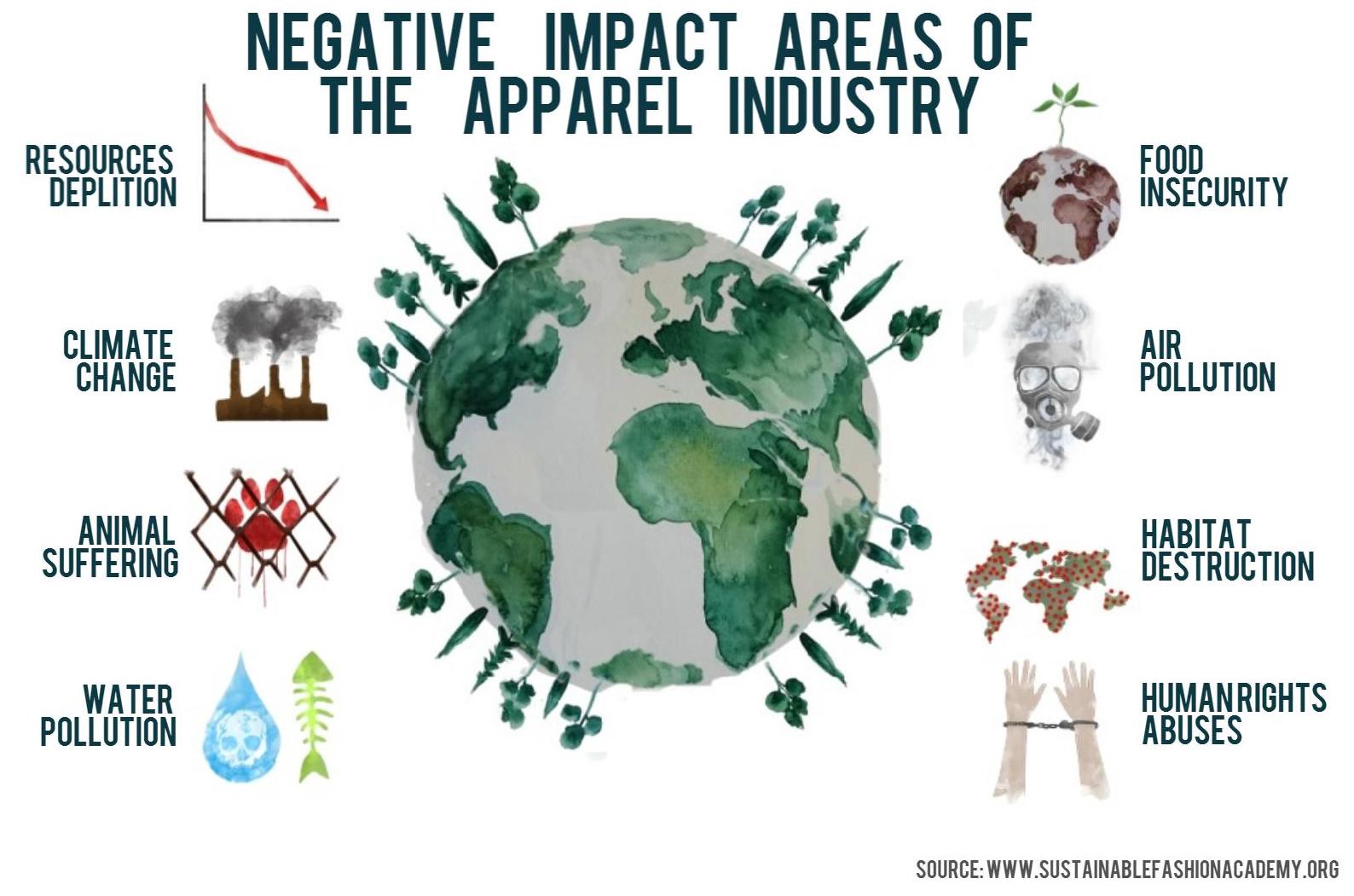
Here are some points to highlight the impact of fast fashion which is surely not Ethical
- 100 billion garments are produced every year globally
- The average number of ‘wears’ per garment a person owns is just 4
- The fashion industry is the fifth most polluting in the world
- 100 million tonnes of non-renewables are used every year in the fashion industry globally
- 65% of clothes use polyester – and this contains micro plastics, which are shed when clothes are washed
- Extending the life of a garment by 3 months can reduce its carbon footprint by 5-10%
- Charity shops reduce the UK carbon footprint by 3.7 million tonnes a year
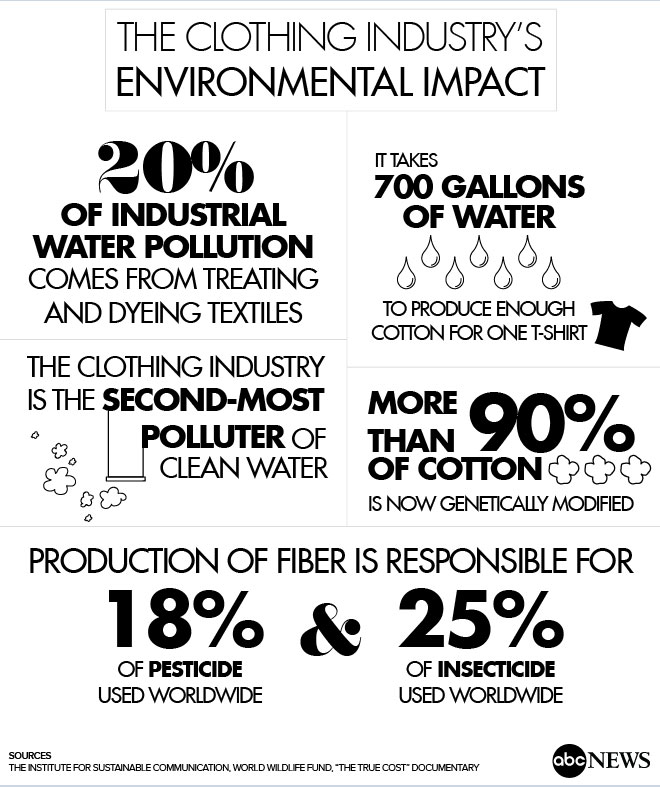
Lot of companies and charities are working to try and combat this
1) If doing a wardrobe clear out, use Traid who offer a free home collection service. Similarly you can donate to charity shops or use the recycle services from retailers, such as John Lewis and M&S.
2) Fashion Revolution’s ‘Who Made My Clothes?’ social media campaign tries to ask our brands to be transparent about the supply chain
- How much are the workers along the supply chain paid?
- Was this produced in a work environment free from all forms of abuse, unhealthy and unsanitary conditions?
- Do their work hours allow for a good work/life balance?
- Are the workers there of their own free will?
- Which type and quality material is being used?
- Does the dye pollute water?
- What are the other effects of producing this piece of clothing on the environment?
- How far has this item travelled along its’ supply chain?
- Where have each of these materials been sourced from?
3) Sustainability Savvy have come up with 7 Steps to building a More Sustainable Wardrobe
4) Do not succumb to impulse buying – Always ask these 10 questions before you make a purchase
5) Greenpeace’s high-profile campaign “Dirty Laundry,” which has called on some of the largest clothing brands to commit to eliminating hazardous chemicals in their supply chains, has spurred Adidas to begin talks with rivals Nike and Puma (among others) to establish an industry-wide initiative to develop an integrated chemical management program.
6) Clothing labels like M&S, Levis and P&G are encouraging customers to wash at lower temperatures.
7) The recent Fashion Futures project at Britain’s Forum for the Future envisioned what fashion will be like in the year 2025, in conjunction with their call for a more sustainable fashion industry

